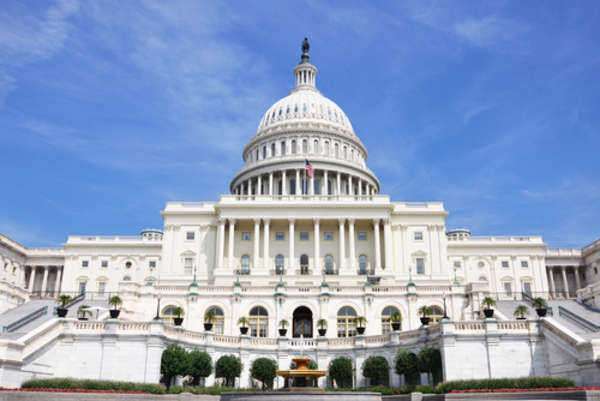What You Should Know About the Enumerated Powers
The Enumerated Powers refer to the specific and limited powers granted to the federal government by the United States Constitution. These powers are listed in Article I, Section 8 of the Constitution and are often referred to as the "powers of Congress" since they primarily apply to the legislative branch of the government. Here are some important things to know about the Enumerated Powers:
1. The Powers are Limited: The Enumerated Powers were designed to keep the federal government from becoming too powerful and oppressive. By limiting the federal government to only the powers listed in the Constitution, it helps to avoid the concentration of power in one place. This system of checks and balances helps to protect the rights of citizens and prevent the abuse of power.
2. They Include Powers to Regulate Commerce: One of the powers granted by the Constitution is the power to regulate commerce. This power has been interpreted by the Supreme Court to include the regulation of interstate commerce, as well as the power to regulate commerce with foreign nations. This power has been used to pass laws on a variety of issues, from prohibiting child labor to regulating the use of drugs.

3. They Include Powers to Tax and Spend: The Constitution also grants Congress the power to tax and spend money for the general welfare of the United States. This power has been used to fund a variety of government programs, from Social Security to national defense. However, the Constitution requires that all taxes and spending be for the "general welfare" of the country, rather than for the benefit of one specific group.
4. They Do Not Include All Powers Needed to Govern: The Enumerated Powers were intentionally limited in scope. This means that the federal government does not have the power to do everything needed to govern effectively. For example, the Constitution does not grant the federal government the power to regulate education or healthcare, which are primarily left to the states.
Overall, the Enumerated Powers are an important part of the United States Constitution. They limit the power of the federal government and help to protect the rights of citizens. While they do not include all the powers needed to govern effectively, they are an important starting point for understanding the role of the federal government in our society.
The United States Constitution allows for certain powers to be explicitly listed that delegate the extent to which the United States Congress has authority. Congress can be said to have two sets of powers granted to the government body under the Constitution.
Article 1 Section 8 includes the listed powers that are vested to Congress, which are referred to as the Enumerated Powers. However, Congress also has implied powers that are set forth and implemented through the Necessary and Proper Clause of the Constitution, which is also found in Article 1 Section 8. Furthermore, Congress' authority has also been expanded due to the several Amendments committed to the Constitution.The Enumerated Powers granted to the United States Congress are various and extensive. There are those who believe that the powers and authority of Congress should remain within the limits of the actual provisions as scripted in the Constitution. That is to say, the Constitution should be interpreted in terms of the actual text and that only those powers written into the law of the Constitution should be the actual extent of Congress' powers.
However, there also others that believe that in order for Congress to effectually carry out its duties within the realm of its granted jurisdiction, abiding solely by the actual text is unwise. These people support the use of the Necessary and Proper Clause to grant Congress a wider breadth in terms of its jurisdictional authority in order to make sure that the Legislative Branch of government is working effectively and up to its intended purpose.
As mentioned, there are various powers included as part of Congress' Enumerated Powers which are included in the Constitution's provisions. The following comprises some of the powers that are found in Article 1 Section 8:
● Congress has the power to impose and collect taxes which are to provide for the debts of the United States, as well as for the common defense and welfare of the country. All such taxes are to be implemented equally throughout the nation.
● The power to borrow money on behalf of the United States.
● The regulation of commerce, both on the international and interstate levels. This also includes Indian Tribes as well.
● Congress has the power to establish currency and coin money.
● The power to establish post offices.
● To provide for and maintain a navy.
● Organizing, training, and arming a militia.
● Exclusive powers to legislative matters of the country.
Other powers that have been granted after the original drafting of the Constitution have come in the form of Constitutional Amendments. Three particular Amendments gave specific powers and authority to Congress that were not included under the Enumerated Powers of Article 1 Section 8: theThirteenth, Fourteenth, and the fifteenth amendments to the United States Constitution. These Amendments gave the power to Congress to allow for legislation regarding the rights of African Americans, such as voting rights, due process, and equal protection under the provisions of the law of the United States.